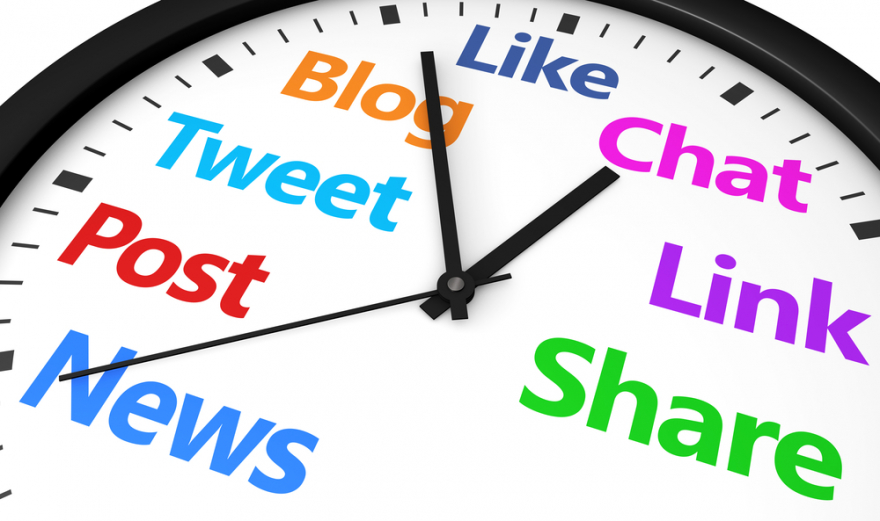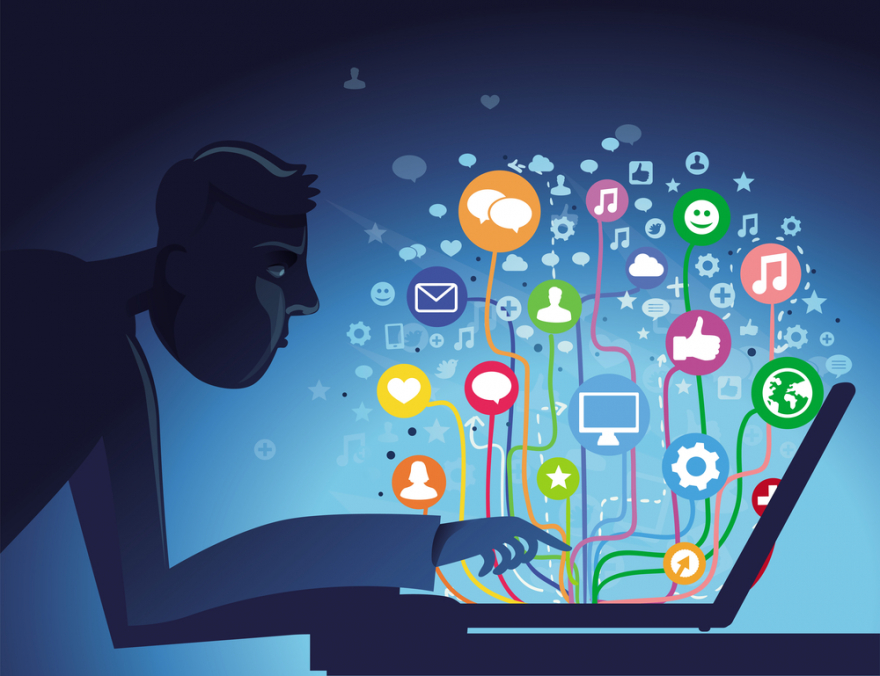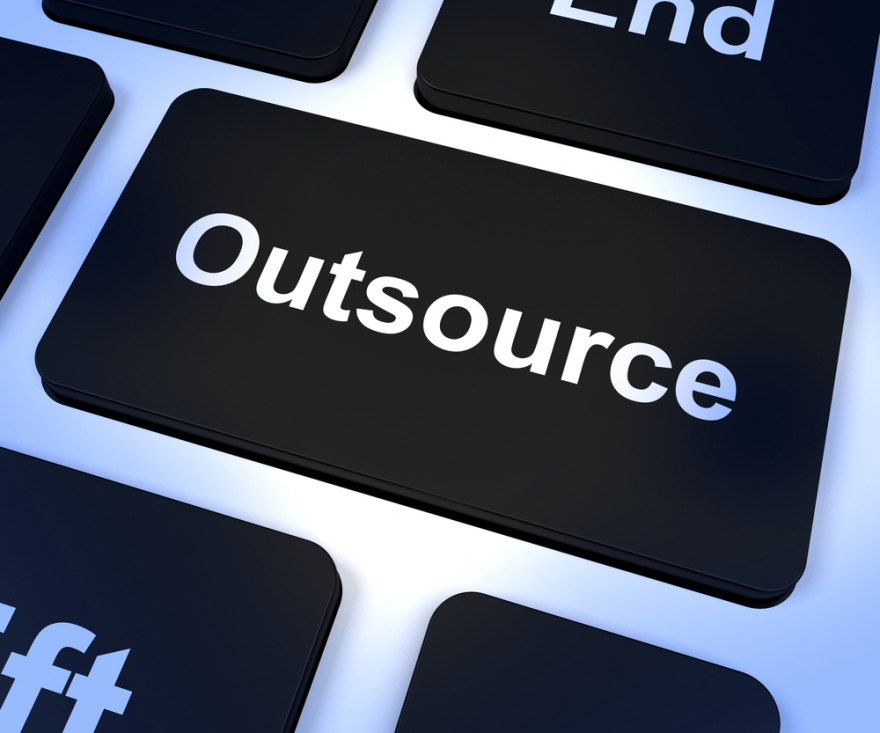|

How to Avoid Social Media Overload: 7 Strategies to Help You Enjoy Social Media More and Stress Less
Rev. Dr. Kitty Boitnott, NBCT, RScP
Heart-Centered Career Transition & Job Search Coach | Stress Management Coach
In last week's message, I asked if your phone was stressing you out. I also pointed out that if it was, you are not alone. Overusing our phones and our social media platforms are problems for people of all ages. And it will continue to be a problem unless we all become more aware of our individual and collective actions and habits. Indeed, without awareness, it is only going to get worse instead of better.
As with most issues, the first step is to recognize how much of a problem social media is for you.
Let's face it. It's everywhere. And like any other phenomenon, it continues to grow because it is popular.
Even if you need to use social media for work as many people do, it's far too easy to get sucked down various rabbit holes. Suddenly work is forgotten.

Depending on your discipline, 30 minutes to an hour may slip by in one sitting. It is a good idea for you to try to focus on productivity instead of activity. The more insidious problem is that you may check something for only a few minutes. But those minutes add up. And I have already pointed to the decline in your IQ if you insist on stopping and starting activities. The damage done to your ability to concentrate is significant and should be worrisome. That only way you can accomplish more at work is to give less attention to distractions like those posed through social media.
Here are 7 specific suggestions for how to avoid letting social media create a sense of overload.
1. Schedule time specifically for social media activities/tasks.
Don't let yourself check your social media whenever you "want to." If you do that, the addicted part of your brain will dictate your usage. Constantly checking your social media IS an addiction. Let's be plain about that. Statistics show that people on average check their phone every 6 1/2 minutes or about 150 times a day. That is more than casual usage. It's an addiction.
Avoid checking your Facebook, Instagram, and Twitter feeds when you feel the "urge." Instead, create a plan that gives you specific times of the day that you will work (or play) on your social media platforms. If you don't want to get sucked into the abyss of mindless activity, it's important to stick to a schedule.
If you need help with this, consider downloading an app to help you track your usage.
2. Use automation.
If you use social media for work, and many people do, automate social media tasks when you can. Automating some tasks will help you avoid the sense of overload. For example, you can automate post scheduling so you don't have to tend to that task every single day. I use a posting scheduler called MeetEdgar, but there are others like Hootsuite and Buffer.

3. Focus on what matters most.
When it comes to social media tasks in your business, money-making tasks should come first. If you must use social media for work, remember to keep your business-related use at work. And stick to those activities that will help your business grow.
We use social media for other reasons besides business, however. After business hours, you should concentrate your social media efforts on relationship building and then on more personal activities. If you focus on just whatever is in front of you when you check your social media posts, you'll get sucked in before you know it. That's why you need a plan. You need to be intentional about your work and how social media fits into it or distracts from it.
4. Outsource if possible.
Unless you are the person who is responsible for social media at work, find someone to help you with social media strategies and posting if you need it for work or business. There are many social media managers who are very good at helping you do the job. If managing your social media accounts is not your main money-making activity at work, let someone else do it.

5. Turn off automated alerts and notifications.
I started doing this just recently. It is amazing how often I still get an "alert" and I have to go to the source to turn that specific setting "off." Without taking this step, you may receive alerts that keep you constantly checking your phone. Those pings and beeps are part of what your brain is addicted to. Your brain literally lights up when it hears an alert from your phone. These reactions add to your addictive behavior whether you know it or not. Turn off the automatic notifications!
Turn your phone off completely or silence it whenever you're in a meeting at work. Put your phone out of sight when you want to spend quality time with your family. Do this also when you're out with friends. And don't take the phone with you when you go to the bathroom. You can waste a lot of time doing that. These are just a few examples of ways you can cut back on your overload.
6. Stop kidding yourself about your ability to multitask.
I have already offered in an earlier post about how we are just kidding ourselves by thinking that we multitask. We can't. Our brains are designed to handle one major task at a time. Even though you may drive "automatically," if you find yourself in unfamiliar territory, you need to turn the radio and other distractions off so you can concentrate on where you are going. No one can multitask as well as they think they can.
When you are with your spouse or significant other or your children, put the phone away. I just recently heard that our pets even sense our distraction from them when we are looking at our phones instead of interacting with them. Be proactive about putting the phone out of sight and on silent when you want some real family time.

7. Stop lying to yourself about your usage.
Sometimes being "busy" feels good. It feels like you're doing something and perhaps accomplishing something. The truth is, not all activities that keep you busy are all that productive. It's important that you be honest with yourself. Be aware of your activity. Be willing to call yourself out when you find yourself being sucked down the rabbit hole of social media.
Social media overload can cause a multitude of problems. Headaches are caused by stress and stress is a common side effect of looking at screens too long. Often the information streaming through your social media accounts is contradictory, confusing, and even deliberately misleading. This is a source of stress as well.
The bottom line is that we each need to schedule our activity and learn to plan so we can be productive and not just busy all the time. By being more intentional about your usage of social media and other distractions that pop up in a typical day, you will ultimately be more productive. Who knows, maybe you will wind up being happier, too.
Until next time.
P. S.
Do you need a stress management "cheat sheet?" If you do, feel free to download this one.
|